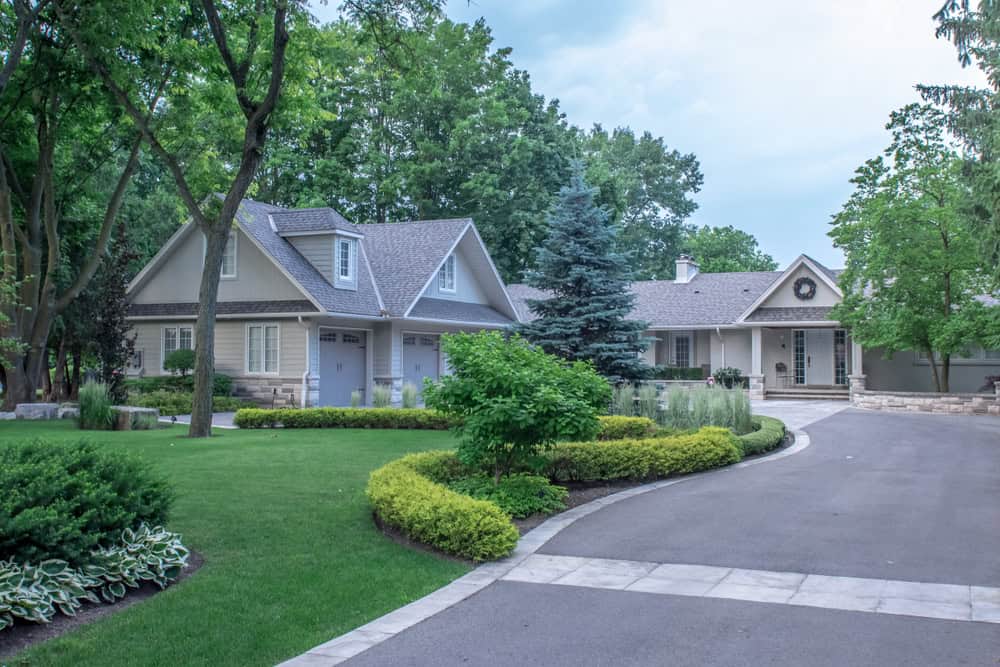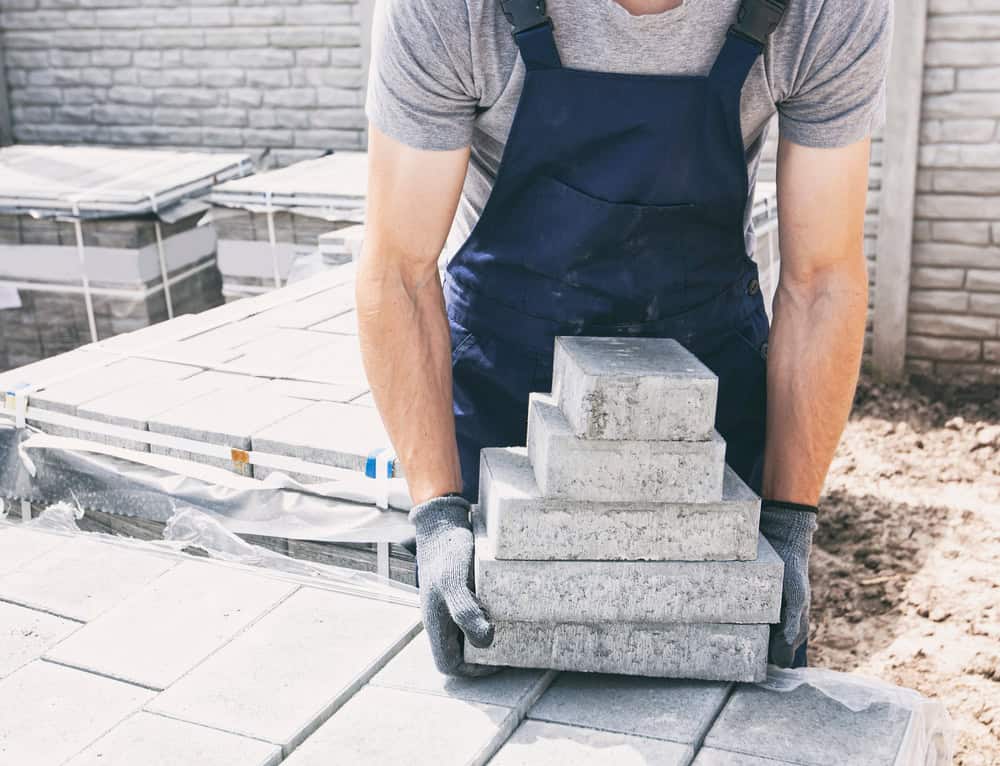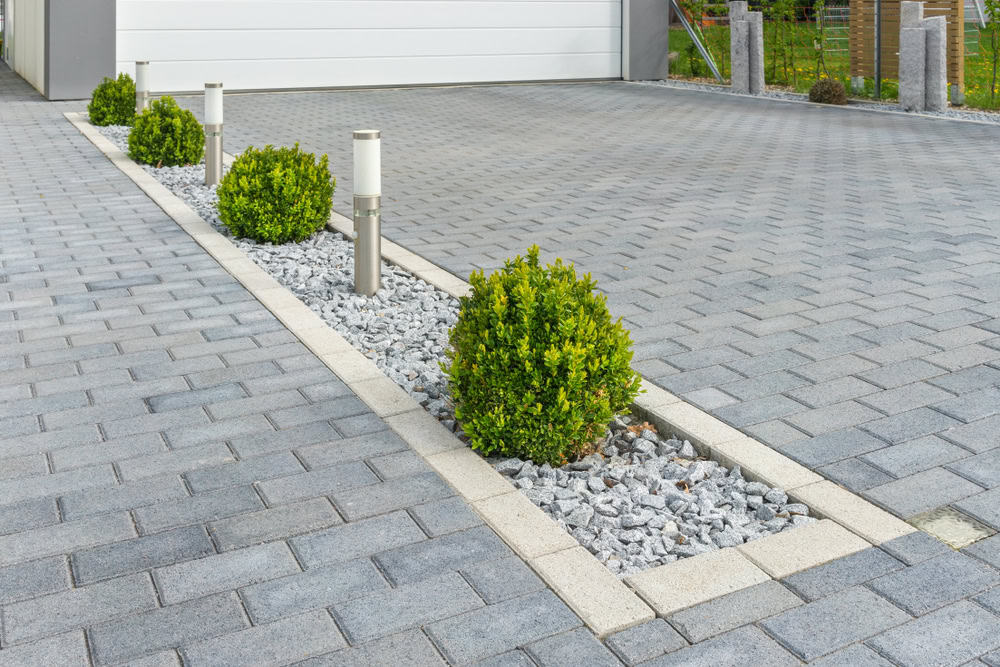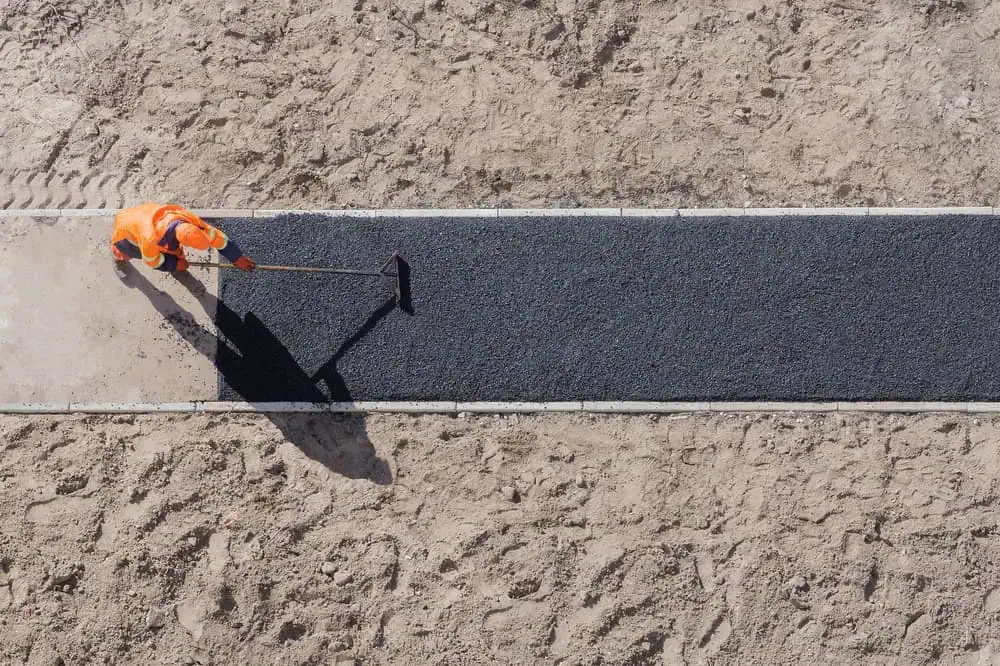Professional paver installation that handles Massachusetts winters and stays level year after year.


You know that feeling when you walk outside and feel proud of what you see? That’s what happens when your patio pavers are installed correctly from the start.
No more avoiding the backyard because your concrete is cracked and embarrassing. No more dealing with puddles that turn into ice patches every winter. No more wondering if your walkway is going to shift again next spring.
When your brick paving is installed with the right base preparation and proper drainage, you get an outdoor space that looks intentional and professional. The kind of space where you actually want to spend time, and where your neighbors stop to ask who built it.
Academy Masonry has been handling paving installations in the West Somerville area for years. We understand what Massachusetts weather does to outdoor surfaces, and we install accordingly.
Every paver job we do accounts for frost and proper drainage, and includes the base preparation that prevents the settling and cracking you see with rushed installations.
You’re choosing us because you want it done right the first time—and built to stand up to everything New England weather has in store.

First, we excavate to the proper depth based on your soil conditions and intended use. Our paving contractors dig deep enough to get below the frost line and create a stable foundation.
Next is base preparation. We lay down and compact crushed stone in layers, giving your pavers the drainage and strength they need to stay level for the long haul. This is the step that sets a professional installation apart from the ones that fall apart in a couple of years.
Then we set your pavers with proper edge restraints and joint sand. Every piece is checked for level and alignment. We don’t rush thorough the job—we make sure it’s done right.
Finally, we compact everything together and apply polymeric sand to lock the joints. You get a finished surface that’s ready for immediate use and built to last decades.

Ready to get started?
Every paving installation project includes proper excavation, professional-grade base materials, and edge restraints that actually hold your pavers in place. We handle the permits, the material delivery, and the cleanup.
You also get pavers that are appropriate for New England. Not every paver handles freeze-thaw cycles well, and we only install materials that we know will perform in Massachusetts. That means better longevity and fewer problems down the road.
We also handle the details that matter; proper slopes for drainage, transitions that don’t create trip hazards, and joints that are sealed correctly. These aren’t extra steps. They’re part of doing the job right the first time.
